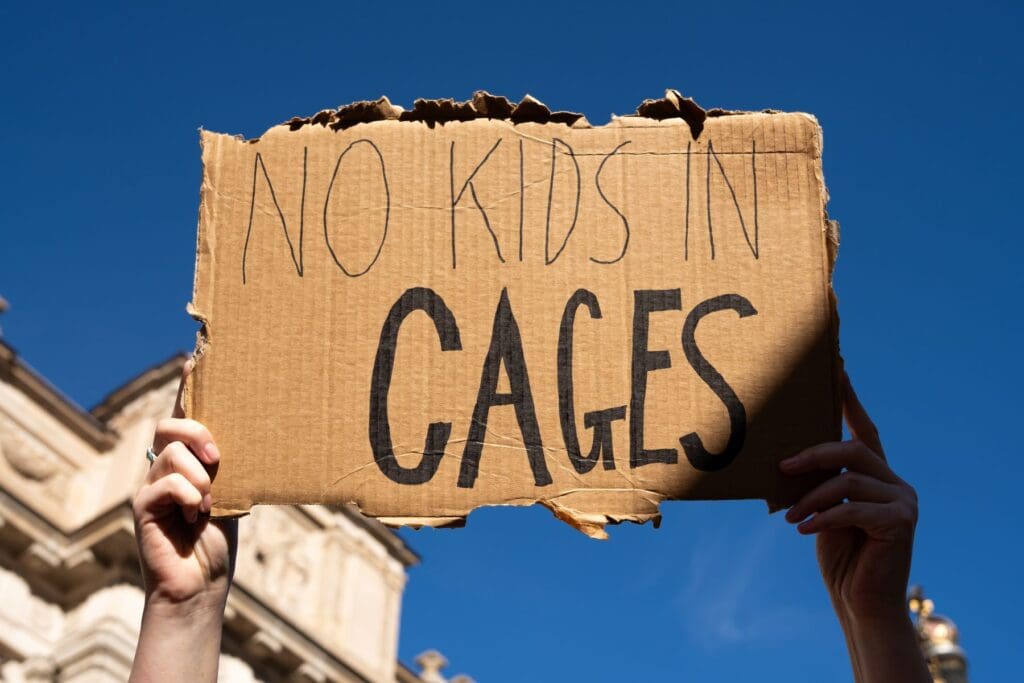Righting the wrongs of Queensland’s homophobic past: legal service to clear unjust convictions launched
People in Queensland who have convictions for historic consensual same-sex activity can now apply to have their criminals records removed through the LGBTI Legal Service.
Emile McPhee, Executive Director of the LGBTI Legal Service, said the team were looking forward to helping repair the lifelong trauma people have endured.
“The aim of this service is to ensure that individuals affected by convictions can finally be free from these unjust charges. This will go some way towards repairing the significant and lasting harm that these homophobic laws had on Queenslanders,” said McPhee.
While consensual homosexual activity was decriminalised on 29 November 1990, convictions for those offences remain on people’s records today. These offences need to be disclosed even decades later when applying for a BlueCard, for government and other positions (such as a police officer), or a visa to travel overseas.
If you have a conviction for an homosexual offence in Queensland, you can now apply to have your conviction erased #rightingwrongs #LGBTI #qldpol https://t.co/SoJcMpSWmT
— Anna Brown (@AnnaHRLC) July 23, 2018
For those who have died with their convictions active, this service presents an opportunity for family members to restore dignity and respect to their memory and name.
Lee Carnie, a Senior Lawyer at the Human Rights Law Centre, said the service will help repair the harm caused by convictions leftover from when homosexual activity was illegal. The Human Rights Law Centre have been advocating for schemes across the country, and has been providing legal assistance to those with criminal convictions for a number of years.
“People should never have been criminalised because of who they are or who they love. This is a great step towards helping people whose love was criminalised by these unjust laws. Now, at least, the practical barriers imposed by these convictions can be removed,” said Carnie.
Queensland now joins Victoria, New South Wales, the ACT and Tasmania in providing a system for people to clear their records of unjust convictions. NT is in the process of setting up a scheme and legislation is currently before the WA parliament.
The Human Rights Law Centre have been proud to work alongside a coalition of LGBTI community organisations which have lobbied for this reform for many years — including the LGBTI Legal Service, Queensland AIDS Council, Caxton Legal Centre, Brisbane Pride, Community Legal Centres Queensland and the Brisbane LGBTIQ Action Group.
To find out more information about how to apply for a conviction to be ‘expunged’ visit the Queensland Government website.
The LGBTI Legal Service encourages members of the community who wish to access the expungement scheme to get in touch. To make a confidential query or an appointment with the LGBTI Legal Service for assistance with an application visit here.
For people in other states requiring assistance please contact the Human Rights Law Centre.
For interviews or further information please call:
Michelle Bennett, Director of Communications, Human Rights Law Centre, 0419 100 519


Media Enquiries
Chandi Bates
Media and Communications Manager

University of Melbourne urged to drop repressive anti-protest and surveillance policies
The University of Melbourne is being urged to abandon policy changes that restrict staff and students’ right to protest and permit the widespread surveillance of people using their wifi network.
Read more
Expanded protections for marginalised groups welcomed in Allan Government’s anti-vilification laws
The Human Rights Law Centre welcomes the additional protections for marginalised groups in anti-vilification laws passed today by the Allan Government. These laws expand protections from vilification to include people from LGBTIQA+ and disability communities, and provide communities with important civil law avenues to address vilification.
Read more
Aboriginal human rights experts take Australia’s racist youth justice policies to the UN
Aboriginal leaders are calling on the United Nations to take urgent action to address Australia’s discriminatory and punitive youth justice policies
Read more


